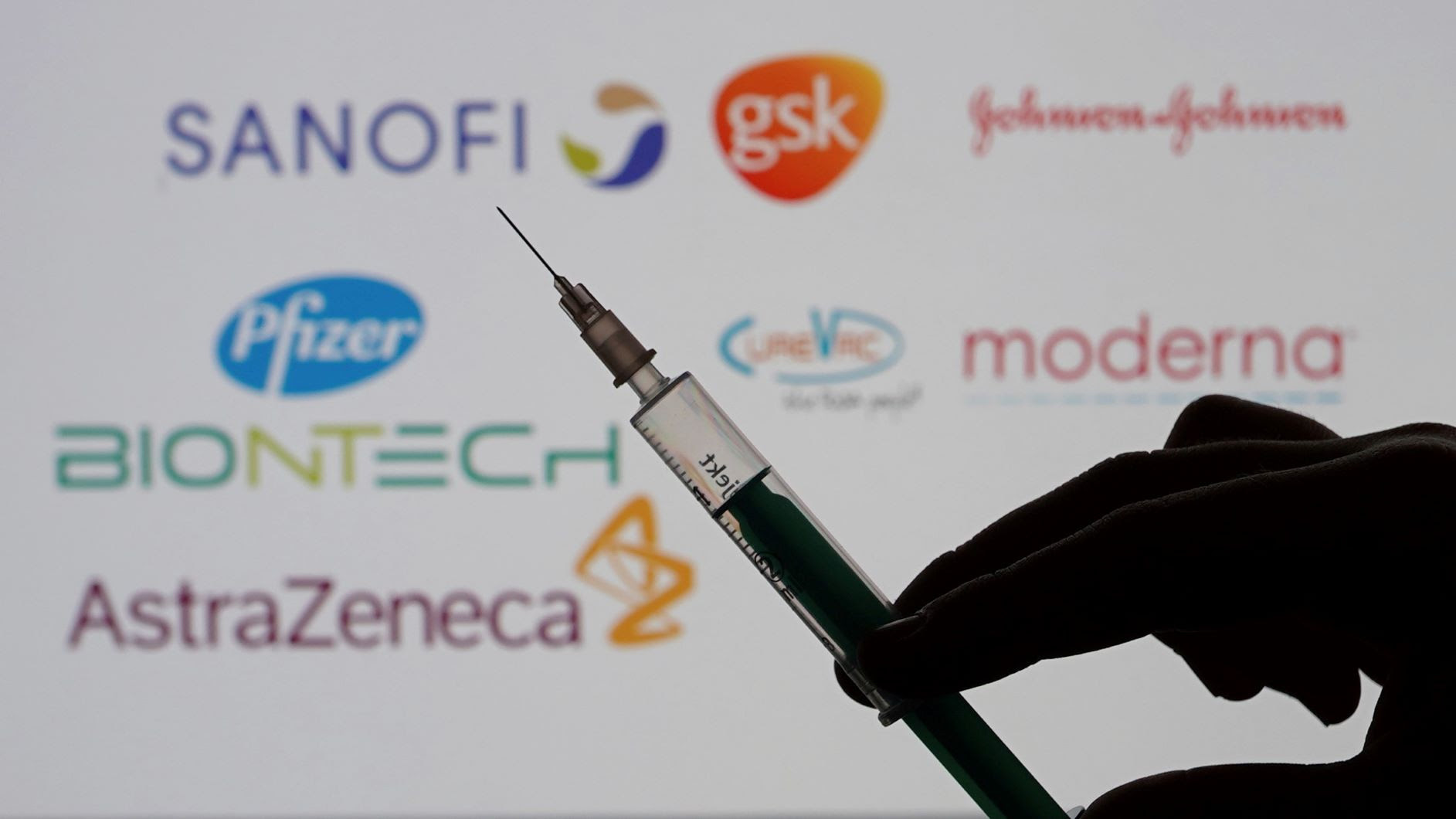Since 1997, the U.S. is one of only two countries (the other being New Zealand) that allows direct-to-consumer (DTC) advertising for health products like medications and procedures. Such DTC advertising in the U.S. increased from $2.1 billion in 1997 to $9.6 billion in 2016 — and continues to rise.
And you wonder why two-thirds of the country literally trust Big Pharma with their lives.
In 2022, Harvard Health Publishing did something remarkable. They published this article which basically said the quiet part out loud.
Check out this excerpt:
Keep this in mind: the main purpose of DTC drug advertising is to sell a product, not educate consumers. The language of drug ads makes that clear. Consider these common examples.
- “A leading treatment for this condition.” Perhaps, but what if there are only two or three drugs available for that condition? When considering any treatment, it’s important to know what the other options are and how they compare, yet it’s unlikely this additional information will be mentioned.
- “No other treatment has been proven better.” This suggests that the advertised drug is great. Yet it might be only as good as — and no better than — older, less expensive, or even over-the-counter competitors. Plus, drug ads are unlikely to mention the option of taking nothing for the condition in question, even though many minor ailments get better on their own.
- “In clinical studies, this medication proved more effective than standard treatment.” So, how good is the standard treatment? If a drug helps only 20% of people with a disease and “standard treatment” helps 15%, the added cost and risk of side effects of the new therapy may not prove worthwhile.
- “I don’t care about studies… it works for me” or “This drug gave me my life back.” The power of the anecdote — one person’s story of near-miraculous improvement with a particular treatment — is undeniable. The problem is that studies do matter. Otherwise, we’d all be taking the advice of a proverbial “snake oil salesman” recommending unproven and potentially dangerous drugs because someone said it worked for them. And, of course, in ads promoting drugs or procedures, that “someone” is often a paid actor or spokesperson.
- “For some, one pill is all you need for 24-hour relief.” This sounds good, but how many is “some”? If one in 100 gets 24-hour relief, the drug may be less effective than the ad suggests. Also, what does “relief” mean? If a drug reduces pain by 10% for 24 hours, that’s a rather modest benefit; a competitor’s drug might reduce it by 80% or even 100%. These details are often left out of drug ads.
They have so little respect for you that they’re not even pretending to tell the truth.
A few reminders to everyone who thinks pharmaceutical companies are actually working to make you well:
- About 4,500 FDA-approved medications and devices are pulled from the shelves each year because they’ve been found to be neither safe nor effective.
- More than $2 billion a year is paid by Big Pharma directly to doctors and up to 80 percent of physicians have received such payments.
- Doctors and medicine are now the top cause of death in the United States.
Reminder: When we take responsibility for our own health and stop being so easily programmed to trust “experts,” we take back all the power from the Medical-Industrial Complex.
This content originally appeared on Dissident Voice and was authored by Mickey Z..
Mickey Z. | Radio Free (2023-06-16T15:09:32+00:00) Big Pharma and Direct-to-Consumer Advertising. Retrieved from https://www.radiofree.org/2023/06/16/big-pharma-and-direct-to-consumer-advertising/
Please log in to upload a file.
There are no updates yet.
Click the Upload button above to add an update.


